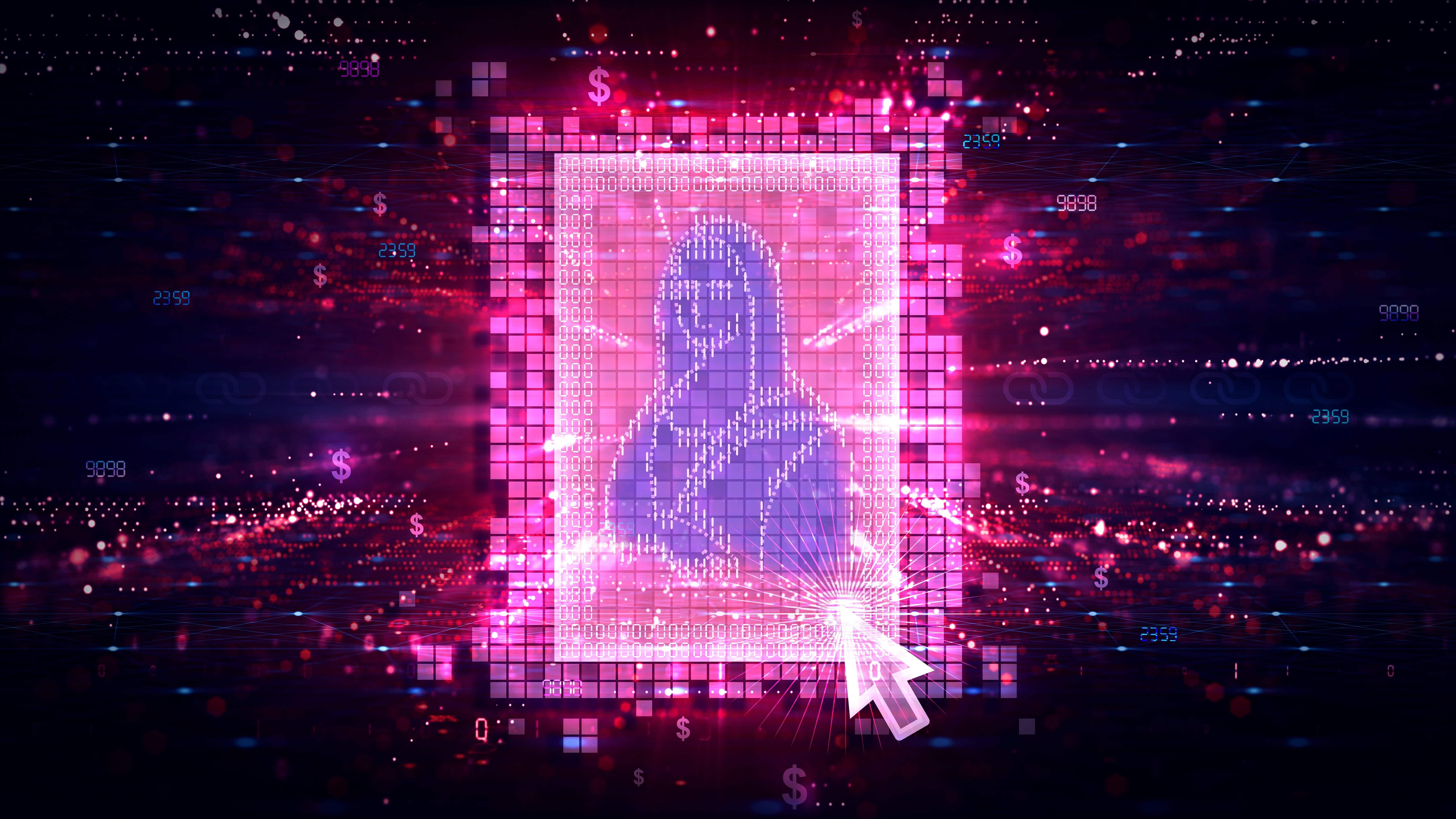There are a vast array of digital assets that fall under the NFT umbrella. As blockchain technology continues to evolve and strengthen its role in people’s everyday lives, it has now reached the realm of copyrights. These rights are crucial for creatives and can often spell murky waters. Let’s take a look at how to solve this issue with NFTs.
How NFTs Can Extend Copyrights
Copyrights don’t necessarily last forever. In fact, many of them have expiry dates. Non-fungible token technology could provide a pivotal answer for preserving, refreshing, and repurposing copyrights. This forms part of a natural evolution for NFTs, which have long been associated with digital art and publishing.
An example of the role of NFTs in the publishing industry is that of publishing books with promotional NFTs. It presents an opportunity to extend the book's life beyond the pages, with characters NFTs and community fan clubs. This is especially helpful for new book releases, as there is no free for all on creative rights for creating NFTs on existing books.
Published books (and other digital assets) often have copyrights - unless, of course, those rights expire. In that case, the text from the books can be used by anyone at no cost. This loophole out in the open, it brings the issue of preserving royalties to the forefront.
When NFTs are minted (authenticating an original NFT as required before being uploaded onto a marketplace), one can decide whether or not to attach a royalty fee when it is traded. This is a helpful model for creatives to use as they can continue to earn profits for their work. The publishing industry is now becoming entangled in the NFT world, with potential royalties to be put in place for books with and without current copyrights.
Copyright laws aren’t universal, often differing from country to country and containing complex legalities. Copyrights are generally in place to protect the creator for their life’s duration and at least 25 years thereafter. In Europe and America, this reaches 70 years and more. Even so, these expire and become open to the public at some point in time.
The value of copyrights is more than just royalties - entering the public domain often impacts the future value of the work (or the ability to earn revenue from commercial works like Winne-the-Pooh). Those holding exclusive copyrights with an expiry date in sight are presented with a unique opportunity, where they’ll be able to create NFTs as tangible assets with the potential of creating engaged communities around them.

These NFT projects can be launched or partnerships that are created before the expiry of the copyright period. Doing this during the sweet spot when the work is not yet in the public domain is the optimal time. It also gives the NFT that extra bout of credibility, with proven authenticity to support it - with authenticity being at the core of what NFTs represent.
This is essentially another way to secure royalties in a digital form, thereby extending the copyright. These can be traded on NFT marketplaces using blockchain technology and smart contracts.
There are many avenues available for NFTs. Examples include continued storytelling, visual literature, gaming abilities, charitable endeavors, and education, to name but a few. Imagine some of your favorite stories coming to life, beyond the pages you hold in your hands.
With NFTs being the key to digital collectibles, this could present a futuristic means of sharing creatively and ensuring that the creator is protected. When these opportunities are missed, there can be interesting consequences. Take for instance Tezos Formation, whose copyright to a renowned book by George Orwell book expired. Now, the text from the book can be used by anyone at no cost.
So, when it comes to protecting NFTs with copyright - the answer is that they are likely unprotected themselves. This is because they don’t generally meet the requirements for copyright protection. Instead, they present data on a blockchain, rather than original work under intellectual property laws - in other words, creating an NFT does not necessarily mean that the owner has the copyrights to that work, but rather ownership of the token itself.
Securing NFT Copyrights for Businesses
For businesses, this presents an interesting opportunity. If not with their own set of copyright creatives, then a lesson learned in copyrighting in the NFT world. This includes commissioned artworks created for a business - the copyright laws need to be checked to ensure that you hold the IP rights for minting (if required). There are, of course, exceptions, whereby the work is in the public domain for fair use, however it is best to be protected and ensure that the relevant rights are transferred. When collaborations are involved, it is possible to jointing mint the NFT.
For more on NFTs, from strategy to minting and everything in between, speak with the team at Nexa.
We’re a growth agency offering a host of Web 3.0 and metaverse services. Let’s get your NFT project off the ground and into the virtual world.
%20(1).png?width=2701&height=607&name=BRC_NEXA_LOGO_BLACK%20%26%20VIOLET%20(1)%20(1).png)
%20(1).png?width=2701&height=607&name=BRC_NEXA_LOGO_WHITE%20(2)%20(1).png)


![The Cost of Social Media Marketing in Dubai, Abu Dhabi and Doha [Updated 2023]](https://blog.digitalnexa.com/hs-fs/hubfs/Copy_of_11.16.2014.png?length=100&name=Copy_of_11.16.2014.png)









Comments